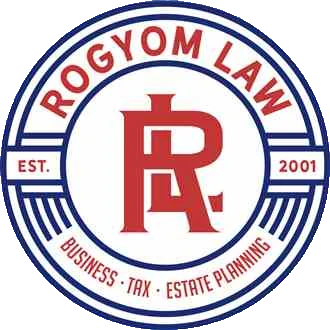Probate is the process by which a deceased person’s financial affairs are concluded, their debts are paid and then their assets are transferred to their heirs. Because many pass away with minimal assets needing to go through the probate process, the State of Maryland provides a less burdensome process by which assets can be transferred for such estates.
When the value of a decedent’s property that must go through Maryland probate is less than $50,000 ($100,000 when a surviving spouse will be the sole heir), the estate is considered a “small estate” and the family is allowed to use simplified set of probate rules.
As noted above, for the amount needed to be less than $100,000, the surviving spouse must be the sole heir, but if you pass away without a will in Maryland designating that all assets go to your spouse, then the only way your spouse will inherit your entire estate is if you have no living children and your parents predeceased you. Click here for more information about the consequences if you die without a will in Maryland.
To determine whether the $50,000 or $100,000 amounts have been exceeded, you will calculate the fair market value of all assets owned by the decedent that would be part of the probate estate. Non-probate assets, those that pass outside of probate, will not be included in the estate’s value for this purpose. Non-probate assets generally include:
- Property that is titled jointly with a right of survivorship or as tenants by
entirety - Most property that passes to heirs via a beneficiary designation, such as retirement accounts, life insurance policies, and property held in trust.
In contrast, assets titled solely in the name of the decedent that do not have beneficiary designations will be probate assets. When you are determining the fair market value of the assets, you may need to have an appraiser provide a value, though you may for instance be able to use valuation tools, like tax assessments or Kelley Blue Book, to determine values of some assets. Once the fair market value has been determined you will then deduct the decedent’s debts that are secured against the probate assets to determine if it qualifies as a small estate.
Qualifying as a small estate does not mean you will be able to completely sidestep probate. A Maryland small estate designation only allows you to use an abbreviated form of probate with less burdensome requirements. In Maryland, for property that’s supposed to be included in a probate estate to legitimately pass from a decedent to an heir, or any other party, some form of probate will always be required. Of course, people naturally attempt to avoid probate, particularly when the first spouse passes, but complications sometimes force the estate to be opened. For instance, the MVA may prevent the family from transferring a car titled to the decedent without an estate being opened. In such cases where that vehicle may be the only item of value in the estate, the availability of the small estate procedure can be invaluable.
While Maryland estates with property will require probate, qualifying as a small estate certainly simplifies the job. In any case, any probate can be time consuming to novices, so you may still want to consider hiring a Maryland probate attorney.
For additional information or to discuss wills, trusts, estates, or probate matters, please contact Jeff Rogyom at (410) 929-4578.
Please review the Disclaimer page regarding the use of this website and its information.

